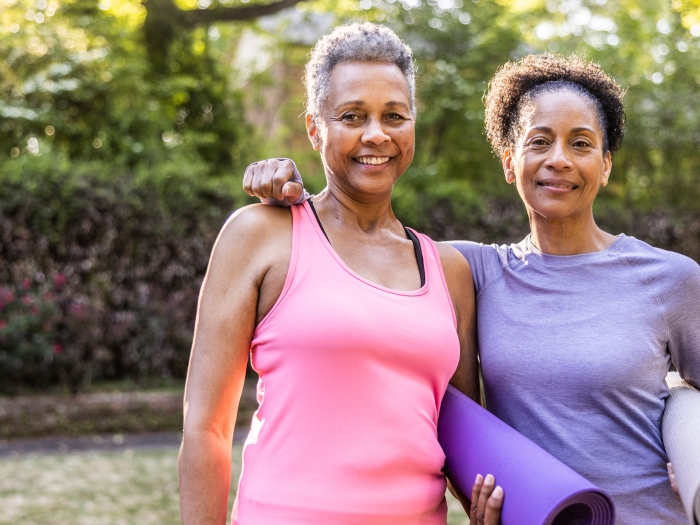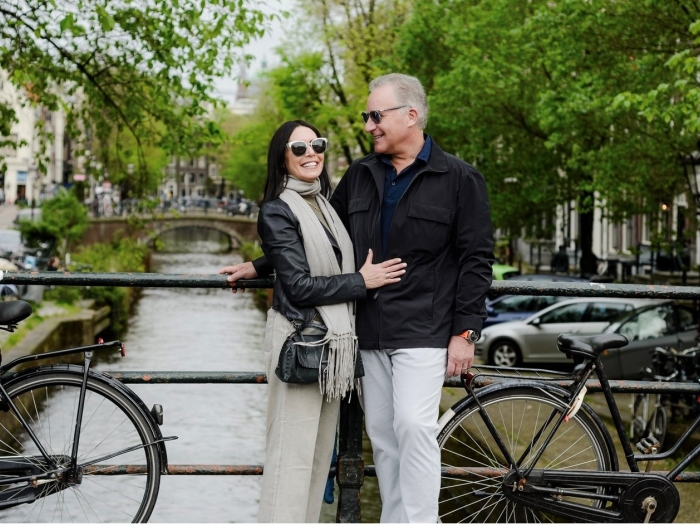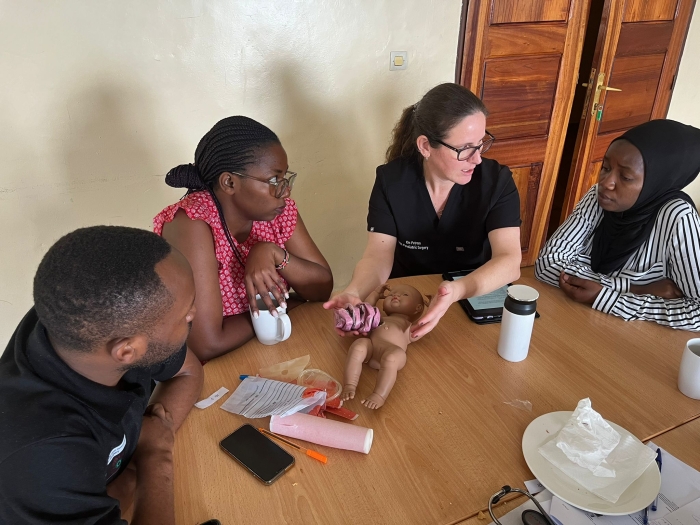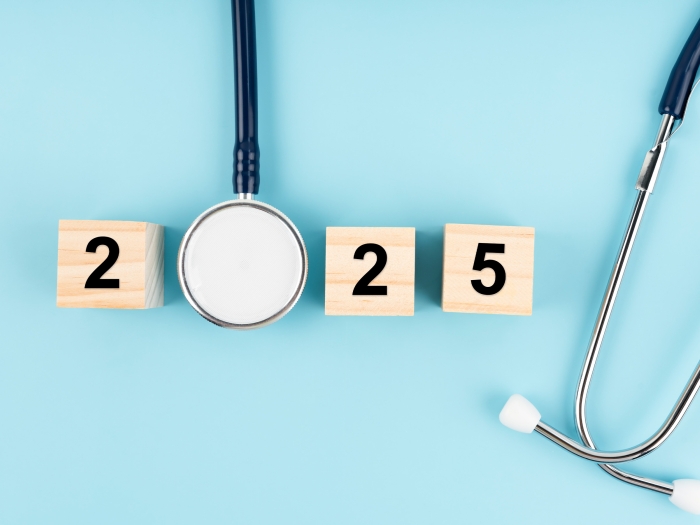Happy Thanksgiving and end of November! I feel like I blinked and almost two months have passed. They have been a very busy two months, where we wrapped up renal, had two Clinical Foundations of Medicine (CFM) weeks, had a week of psych, and then completed the infamous neuro sequence.
CFM was especially great this time around because we were able to take electives. One of my electives was about labor and delivery from a primary care perspective. We learned how to do ultrasounds, caught sim babies in simulated birth scenarios, performed a simulated C-section, and learned how to tie knots and suture. I absolutely loved it!
After CFM, psych was a quick jolt back into the reality of med school. It was an interesting block, as we quickly realized that everyone has some of the characteristics we learned about (it's okay because there's really only a problem if the tendencies or characteristics start to affect an individual's daily life function). For example, about 100% of my class has some form of obsessive-compulsive tendencies (making lists and memorizing lists of facts… sounds familiar), but then again, these are necessary survival skills for med students.
After a quick week of psych, neuro hit us like the proverbial ton of bricks. The M2 neuroscience sequence is notorious at UMMS. If the 1000+ page course pack wasn't scary enough, the quizzes and exam were also rumored to be very challenging. On day one, I was terrified because after the first lecture of the day, I realized how much I had forgotten from neuro last year and how much I would have to learn over the next three weeks. I also quickly found that the study method that I had "perfected" over the past year wasn't working this block. But luckily last year, I learned that if my study methods weren't working, I should change them quickly instead of self-destructing, so things worked out a lot better this year. I don't think I've ever studied quite as hard as I did for this block, but it paid off in big ways. While I was a big mess of anxiety during the entire block (and even questioned my life choices once or twice), now that it's over, I can look back and appreciate that I was challenged in a very significant way, and I made it.

Now, I'm in the midst of four days of freedom before musculoskeletal and rheumatology starts on Monday. I've spent the last couple of days at my parents' house in Spartan Country (sometimes we can't help where we come from), and today's game DEFINITELY will not be helping with the harassment I get every time I wear Michigan gear and all of the offers I receive for tickets to the MSU games to be able to watch "a team that beat Ohio state". If there ever was a time for an eye-rolling emoji, it would be now.
I think I'm enjoying catching up with family and friends a little too much, and it will definitely be difficult to focus for the three weeks between Thanksgiving break and Christmas. However, my to-do list before the next break is a mile long, so I'll definitely have to get the focus back soon.
That's all for now. As always, thanks for reading, and I hope that you can enjoy the last few days of November!

Department of Communication at Michigan Medicine
Want top health & research news weekly? Sign up for Health Lab’s newsletters today!





